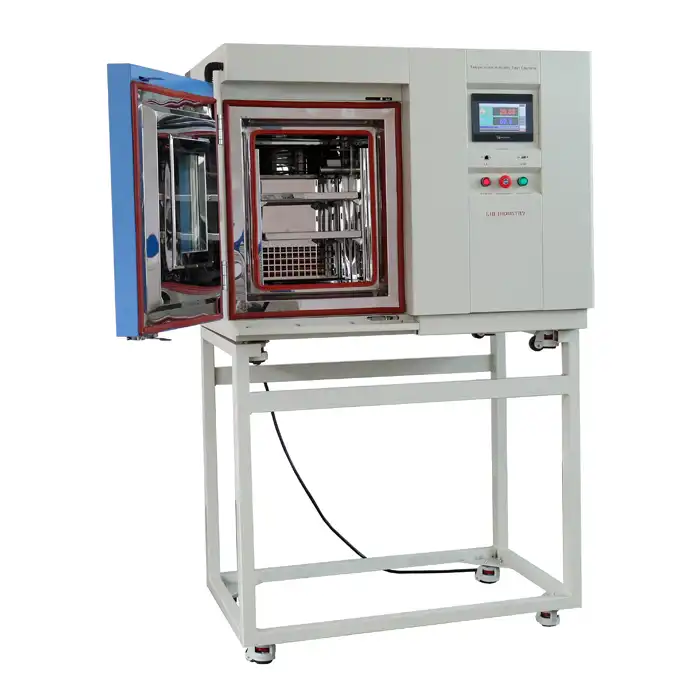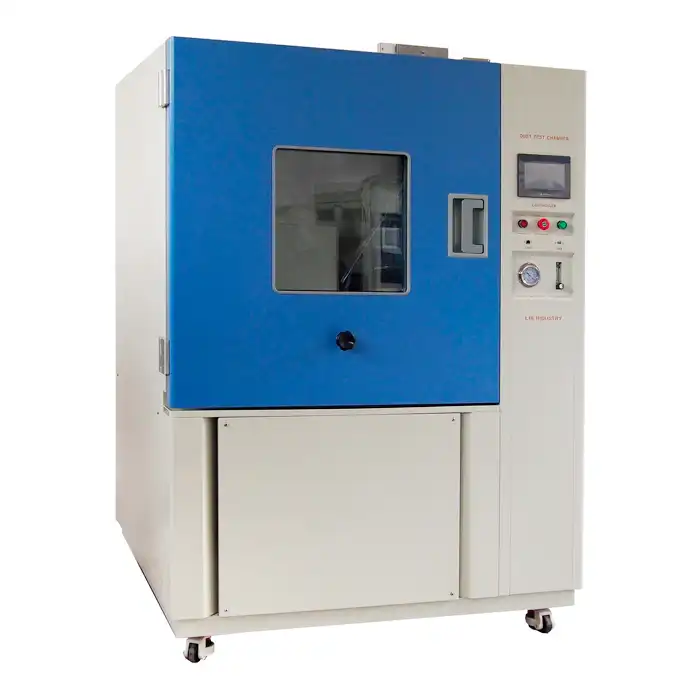5 Key Features to Look for When Selecting a Quality Corrosion Testing Equipment
Corrosion testing equipment plays a critical role in evaluating the durability and resilience of materials in harsh environments. For industries such as automotive, aerospace, marine, and construction, investing in reliable testing equipment ensures product quality, compliance, and customer satisfaction. When searching for the right corrosion testing solution, here are five key features you should prioritize to make an informed decision.
Precision Environmental Controls: Mastering Temperature and Humidity Accuracy
Accurate environmental control is the cornerstone of effective corrosion testing. High-quality corrosion testing equipment should offer precise regulation of temperature and humidity levels - two critical factors in simulating real-world conditions. For example, salt spray tests, cyclic corrosion tests, and humidity tests require consistent and repeatable environmental parameters to ensure the reliability of results.
Advanced corrosion chambers are equipped with microprocessor-based or PLC systems that allow fine-tuned adjustments, ensuring fluctuations in temperature and humidity are minimized. This level of precision is especially essential when testing materials for industries like aerospace or medical devices, where even minor inaccuracies can lead to product failure. When choosing equipment, look for models that offer advanced environmental controls, real-time data logging, and alarms for deviations, ensuring your testing process is both accurate and efficient.
Robust Construction and Durability: Ensuring Long-Term Reliability in Harsh Conditions
Corrosion testing equipment must be built to withstand not only the test conditions it creates but also long-term usage in industrial environments. High-quality models are constructed with durable, corrosion-resistant materials like stainless steel or fiber-reinforced plastic (FRP). These materials protect the equipment from degradation caused by exposure to aggressive test solutions like salt spray or acidic vapors.
Durability also extends to internal components, such as spray nozzles, seals, and reservoirs, which must resist wear and corrosion over time. Some manufacturers, like LIB Industry, integrate heavy-duty designs and materials to ensure their equipment remains operational for years, even under rigorous testing schedules. By investing in robust construction, you reduce maintenance costs and ensure uninterrupted performance for your testing needs.
Automation and User-Friendly Interfaces: Streamlining Complex Testing Processes
Modern corrosion testing equipment should simplify complex procedures through automation and intuitive interfaces. Automated features, such as programmable test cycles, automatic solution replenishment, and remote monitoring, reduce the need for constant manual intervention, saving time and reducing the risk of human error.
User-friendly touchscreens and interfaces allow operators to set up, monitor, and modify test parameters with ease. Many advanced systems also include remote access capabilities, enabling technicians to oversee testing from their smartphones or computers. With LIB Industry's customizable solutions, you can streamline your testing processes while ensuring accurate and repeatable results, giving you more time to focus on analyzing data and improving your products.
Compliance with Industry Standards: Navigating Global Certifications and Testing Protocols
Corrosion testing often requires compliance with international standards to ensure material performance meets industry benchmarks. Look for corrosion testing equipment that adheres to standards such as ASTM B117 (salt spray testing), ISO 9227 (corrosion tests in artificial atmospheres), or MIL-STD-810 (environmental engineering considerations for military applications).
Manufacturers like LIB Industry design their corrosion testing equipment to meet these certifications while offering customizations for unique testing protocols. By choosing compliant equipment, you can confidently produce test results that are recognized and trusted across global markets. This not only ensures regulatory approval but also bolsters your brand’s reputation for quality and reliability.
Versatility in Testing Applications: Adapting Equipment for Diverse Material Evaluations
The best corrosion testing equipment is versatile enough to accommodate a range of testing applications. Whether you need to perform salt spray tests, cyclic corrosion tests, or condensation water tests, having equipment that supports multiple testing methods is essential for evaluating diverse materials under various conditions.
For example, LIB Industry's corrosion testing equipment are designed to handle multi-functional testing needs, making them ideal for manufacturers working with metals, coatings, plastics, and composites. This versatility allows you to adapt your testing protocols as your business evolves, ensuring your equipment remains a valuable asset for years to come.
At LIB Industry, we specialize in providing turn-key solutions for corrosion and environmental testing. Our equipment is designed with advanced features, durability, and compliance to support your operations and ensure accurate testing results. To learn more about how our corrosion testing equipment can benefit your business, contact us at ellen@lib-industry.com today!
References
1. ASTM International - Standards for Corrosion Testing
2. ISO Technical Committee - Corrosion of Metals and Alloys
3. Material Durability Testing in Salt Spray Environments - Industry Insights
4. Advances in Environmental Testing Equipment - Technical Review



.jpg)
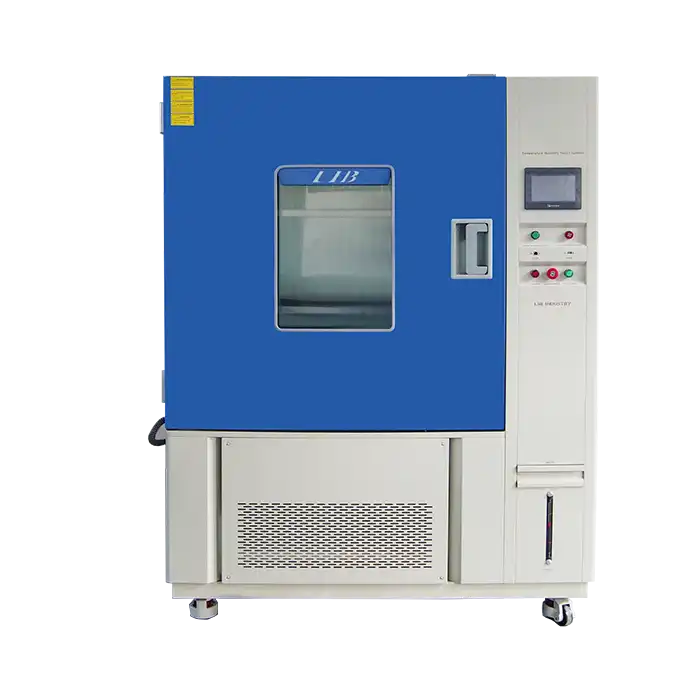
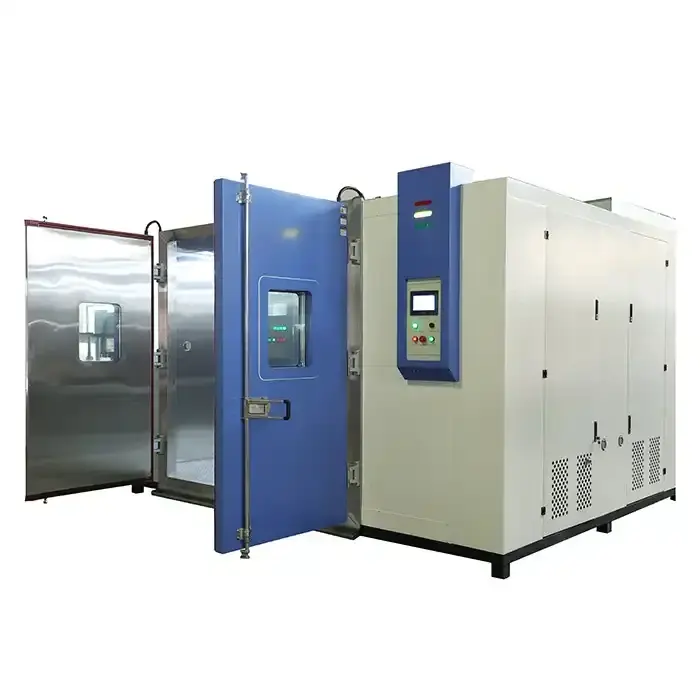
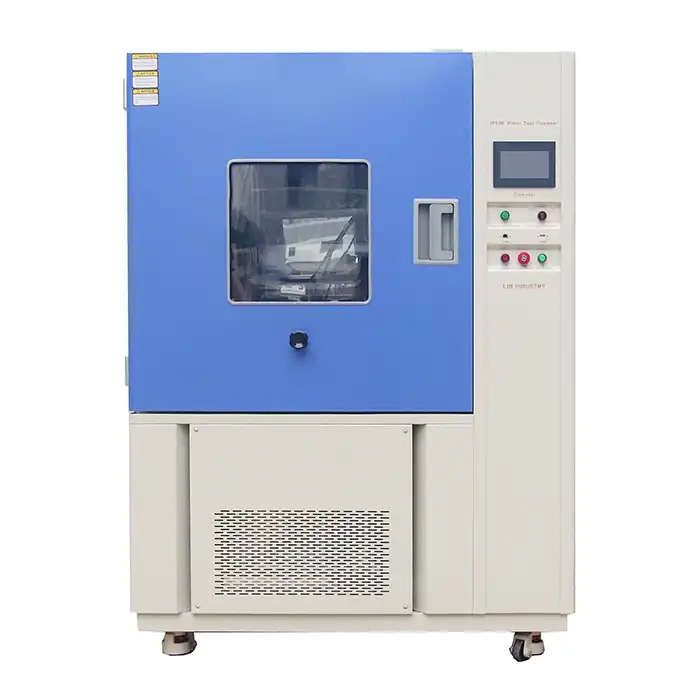
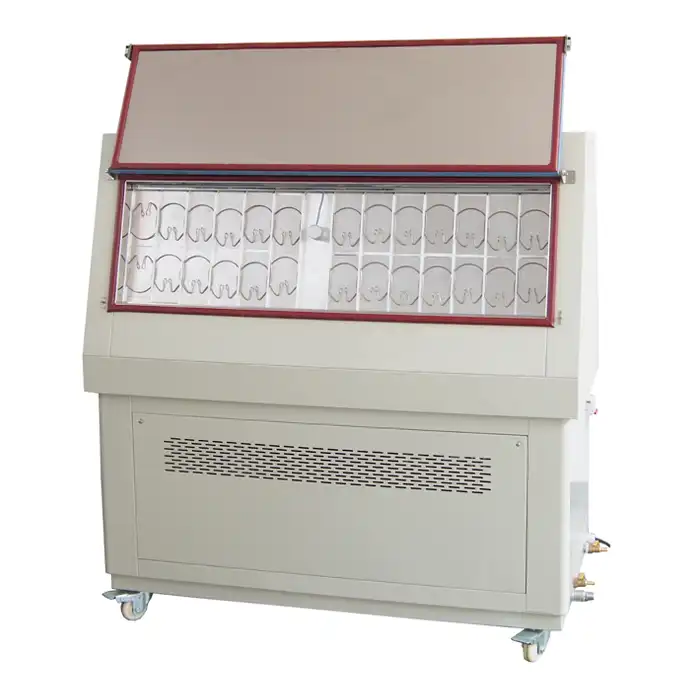
.webq.jpg)
